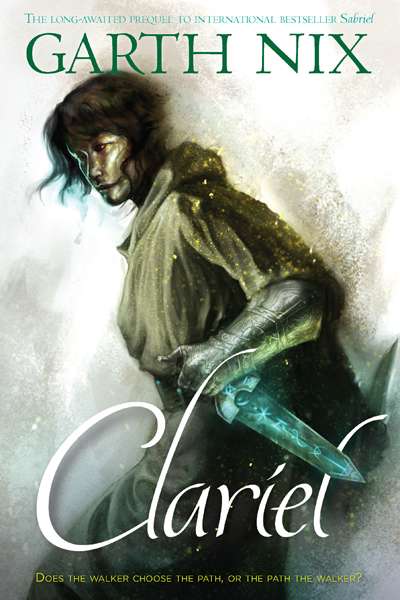Garth Nix
Some Shall Break by Ellie Marney & The Sinister Booksellers of Bath by Garth Nix
by Ben Chandler •
The Keys to the Kingdom: Superior Saturday by Garth Nix
by Benjamin Chandler •
The authors of these four books use a narrative device common to much fantasy fiction: the notion of quest. Sometimes that quest requires a physical journey, and sometimes it involves searching for something closer to home, but the very process is almost invariably life-changing for the characters involved.
... (read more)





